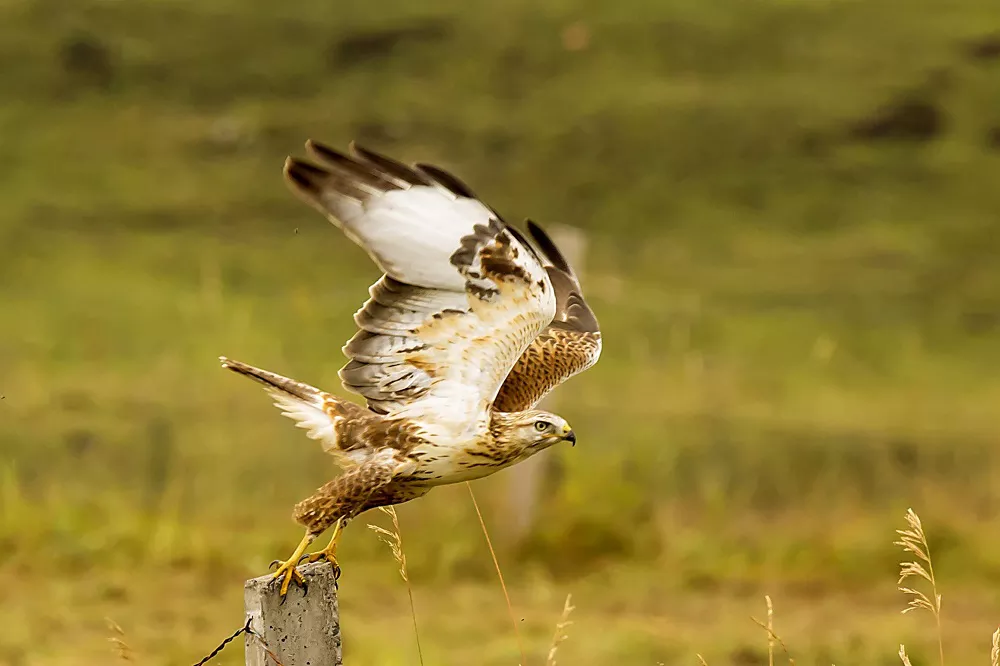The buzzard is a bird of prey that is found in various parts of the world. It is known for its distinctive appearance and soaring flight. Buzzards are opportunistic hunters and scavengers, and their diet can vary depending on their location and the availability of prey. In this article, we will explore what buzzards eat.
- Small mammals:
Buzzards are known to hunt and feed on a variety of small mammals, including rodents, rabbits, and hares. They will hunt these animals on the ground, swooping down from the air to catch them with their talons. In areas where these animals are abundant, such as fields or meadows, buzzards may feed almost exclusively on them.
- Birds:
Buzzards are also known to prey on birds, including smaller birds such as finches and sparrows, as well as larger birds such as pigeons and pheasants. They will often hunt birds by perching on a tree or other high vantage point and waiting for an opportunity to swoop down and catch their prey in mid-air.
- Reptiles and amphibians:
Buzzards have been known to feed on reptiles and amphibians such as snakes, lizards, and frogs. They may catch these animals by diving down to the ground or snatching them from a nearby pond or stream.
- Insects:
While insects are not a major part of the buzzard’s diet, they will sometimes feed on them, especially during the breeding season when they need to provide food for their young. Buzzards may catch flying insects such as moths and beetles in mid-air, or they may eat insects that they find on the ground.
- Carrion:
Buzzards are also known to be scavengers, feeding on carrion such as dead animals and roadkill. They have a keen sense of smell and can locate dead animals from great distances.
In conclusion, buzzards are opportunistic hunters and scavengers, and their diet can vary depending on their location and the availability of prey. They primarily feed on small mammals, birds, reptiles and amphibians, insects, and carrion. Their ability to adapt to different food sources is one of the reasons they have been able to thrive in a variety of environments.


 Facebook
Facebook  Instagram
Instagram  Youtube
Youtube 